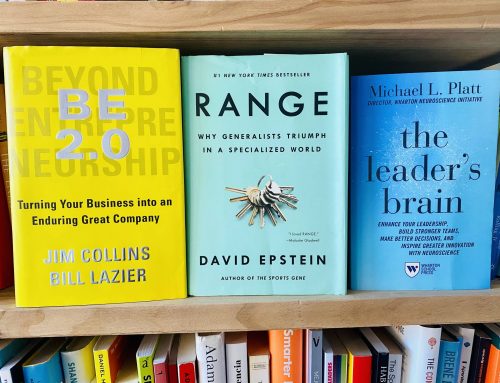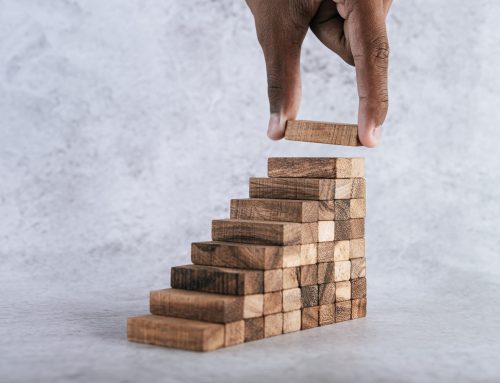Decision making remains a pending subject for many, mainly because it requires two important aspects: prediction and judgment. In other words, as Ajay Agrawal, Joshua Gans, and Avi Goldfarb have written, to make a good decision you need to have a sense of how different choices change the likelihood of different outcomes and how desirable each of those outcomes is.
Next time you have to make an important decision, check out these four recommendations and hopefully they will make this process an easier one:
1) Decide as if it were the first time
First, ask yourself if you are deciding based on your past.
Here are a few examples: “I can’t quit my startup (or my relationship) because I’ve invested a lot of effort on it”, “I don’t like the degree I’m studying but I’m on my second year so I’ll keep going…”
As Alfonso Alcántara mentions in his book #Superprofesional, “paying attention to negative thoughts about the past or future hinders our present.”
If you don’t want to be influenced by previous decisions, next time you need to make a decision, ask yourself the following question: “if today was the first time I would need to decide on this goal or project, would I take it or reject it”?
By doing so we will avoid the so-called sunk cost fallacy that we explored in a previous post.
2) Listen to your guts (and do something about it)
Our guts are often times more helpful than our brain or hearts, as they respond faster. Listen to your guts, to that physical reaction your body goes through before an imminent decision. It will be the clearest signal of how we perceive the outcomes of the decision we are about to take. Guts also help us realize that, we when flipped that coin and we got tails, what we really wanted was heads.
By understanding our body we will differentiate between the nerves caused by an unwanted decision and those derived from a new project that we love that also scares us to death. While the reaction is often the same (i.e: our hands sweat, our stomach aches…) the cause is very different. In the former it is rejection -we don’t want it- while in the latter it is fear of failure -we want it but we’re afraid-.)
Never underestimate the power of your intuition. But don’t overestimate it either. For thinkers such as Kant or Jung, intuition is defined as “a priori” knowledge, and as being a fundamental tool to maximize our potential. Intuition transcends because it helps us connect our subconscious mind with the conscious mind. Intuition only works well in contexts where we have expertise on and it helps us fully unleash our creative potential. Trust your intuition in its right manner and try to find objective data to avoid any bias.
3) Accept the consequences of your decisions
Deciding means choosing and choosing means renouncing to something. Are we willing to accept that we will need to renounce to certain things as a toll to our decision? And, more importantly, are we willing to accept the consequences of this decision?
And we will also need to assume that every project has a beginning and an end.
Ask yourself what is the worst that could happen and try to visualize how your life would be in each of the different scenarios. You can make the wrong decision, but the worst decision is to live without accepting you got wrong.
And if negative thoughts arise, the best recipe against them is to keep doing what we were doing until this little voice shuts. Because eventually it will shut.
4) Ask yourself “How often does this typically happen”?
80% of the things we worry about will never happen.
If you think outcome B is preferable to outcome C, you can ask yourself: “How often has this historically been the case? For instance, if you are thinking about launching a business, and you are weighing the possibility of spending years on a company that will fail against staying in your current job, you might ask: How often do entrepreneurs who fail end up wishing they had stayed at their previous jobs? These questions will help us gain perspective and avoid the so-called “inside view”, studied by Nobel laureate Daniel Kahneman, where the specifics of a decision overwhelm our analysis.
The worst decision of all is the one we never make. Let’s avoid the paralysis by analysis through the search of objective data.
If you did everything you could to make the right decision and you can’t still decide, don’t delay the decision for fear of making the wrong one.
Deciding is exercising your freedom.
Let’s stay free…







Leave A Comment